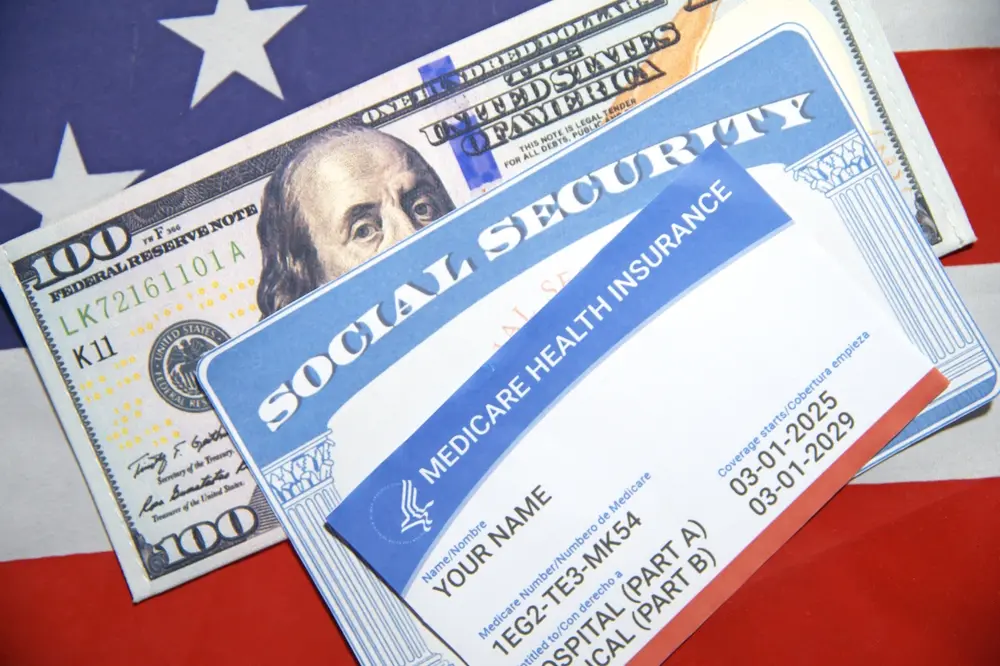There’s no 100 percent way to avoid an Internal Revenue Service (IRS) tax audit. That’s because a small percentage of them are random. But for the targeted ones, you can ensure you’re not on the hit list. It takes some forethought and organization.
But how do you hedge your bets against having the IRS audit your tax returns? There are steps you can take. Here are 11 ways to keep the IRS at bay.






